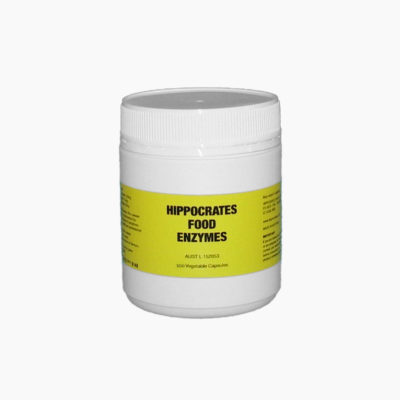
Vitamin K for Health
Vitamin K is much more than a blood-clotting agent. Vitamin K improves bone density, aids in preventing hardening of the arteries, and is a strong antioxidant.
There are 3 known forms of vitamin K. K1 is found in dark green leafy vegetables. K2 is synthesized in the body by the healthy bacteria in the gut, and is found in naturally fermented foods, such as rejuvelac and sauerkraut. K3 is synthetic and tends to generate excess free radicals, and should be avoided.
Although vitamin K is fat-soluble, it is not stored in the body. Deficiency of vitamin K is common. Antibiotics, aspirin, cholesterol-reducing drugs, and hydrogenated oils are known to interfere with or deplete vitamin K.
New research on vitamin K is showing that K helps to keep calcium in the bones and out of the arteries. Vitamin K works on a specific form of protein that controls calcium. With enough vitamin K, this protein (osteocalcin) can secure calcium and prevent it from drifting out of the bones into soft tissue. When there is not enough vitamin K in the body to “carboxylate” the osteocalcin, calcium leaves the bones, which then become porous.
Vitamin K seems to be significant in preventing calcification or hardening of the arteries. Vitamin K is necessary to produce enough of a specific protein that prevents arterial calcification, and appears to be helpful in preventing strokes and in preventing Alzheimer’s Disease.
K is found abundantly in green leafy vegetables, such as wheatgrass and spinach. Maintaining healthy levels of “good” bacteria in the gut by eating naturally fermented foods will also help ensure adequate levels of vitamin K.
Organic Wheatgrass Powder is available.




